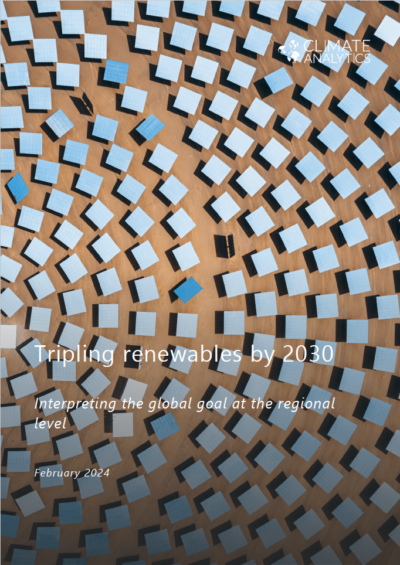Publications
Share

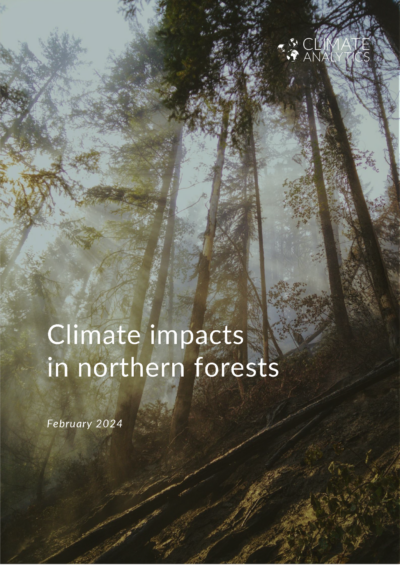
Reports
Northern forests hold around 54% of the world’s total terrestrial carbon stock and contribute more than one-third to our global terrestrial carbon sink. This report reviews the impact of human induced climate change on northern temperate and boreal forests.
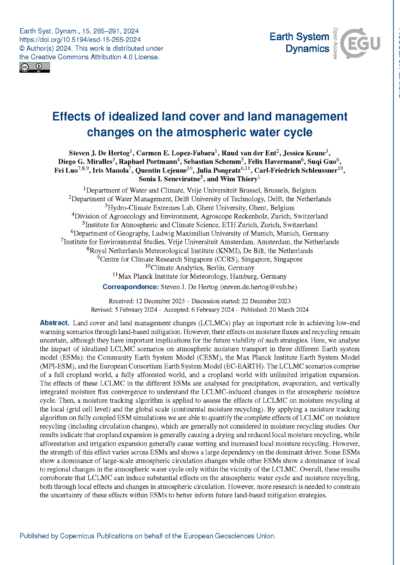
Peer-reviewed Papers
This study investigates how land cover and land management affects atmospheric moisture transport using global climate models. It finds that cropland expansion is generally causing a drying and reduced local moisture recycling, while afforestation and irrigation expansion generally cause wetting and increased local moisture recycling.

Peer-reviewed Papers
When it comes to water, adaptation to climate change becomes less effective when warming is above 1.5°C, according to a new study looking at water-related climate risk at 1.5°C, 2°C, 3°C, and 4°C of warming. The study finds adaptation needs to go hand-in-hand with ambitious emissions reductions and decarbonisation.
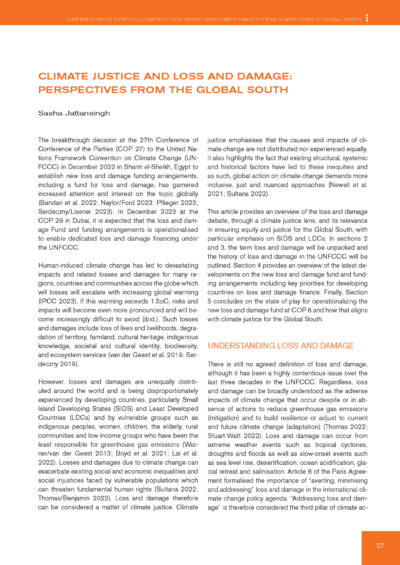
Peer-reviewed Papers
This article outlines the loss and damage debate through a climate justice lens with particular emphasis on Small Island Developing States and Least Developed Countries. It examines the latest developments of the new loss and damage fund including operationalisation.
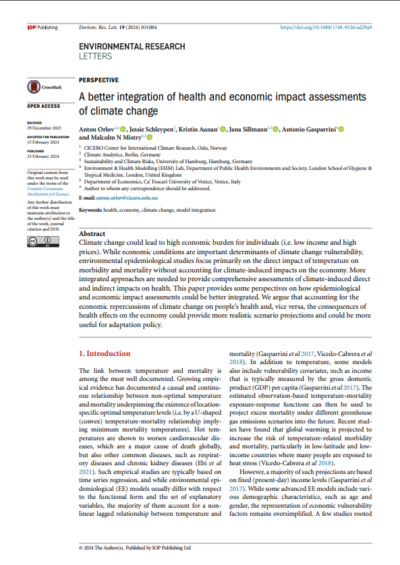
Peer-reviewed Papers
This study lays out how to integrate the economic repercussions of climate change on people's health with direct health impacts. The authors argue this could provide more realistic scenario projections than health studies on their own and be more useful for adaptation policy.
